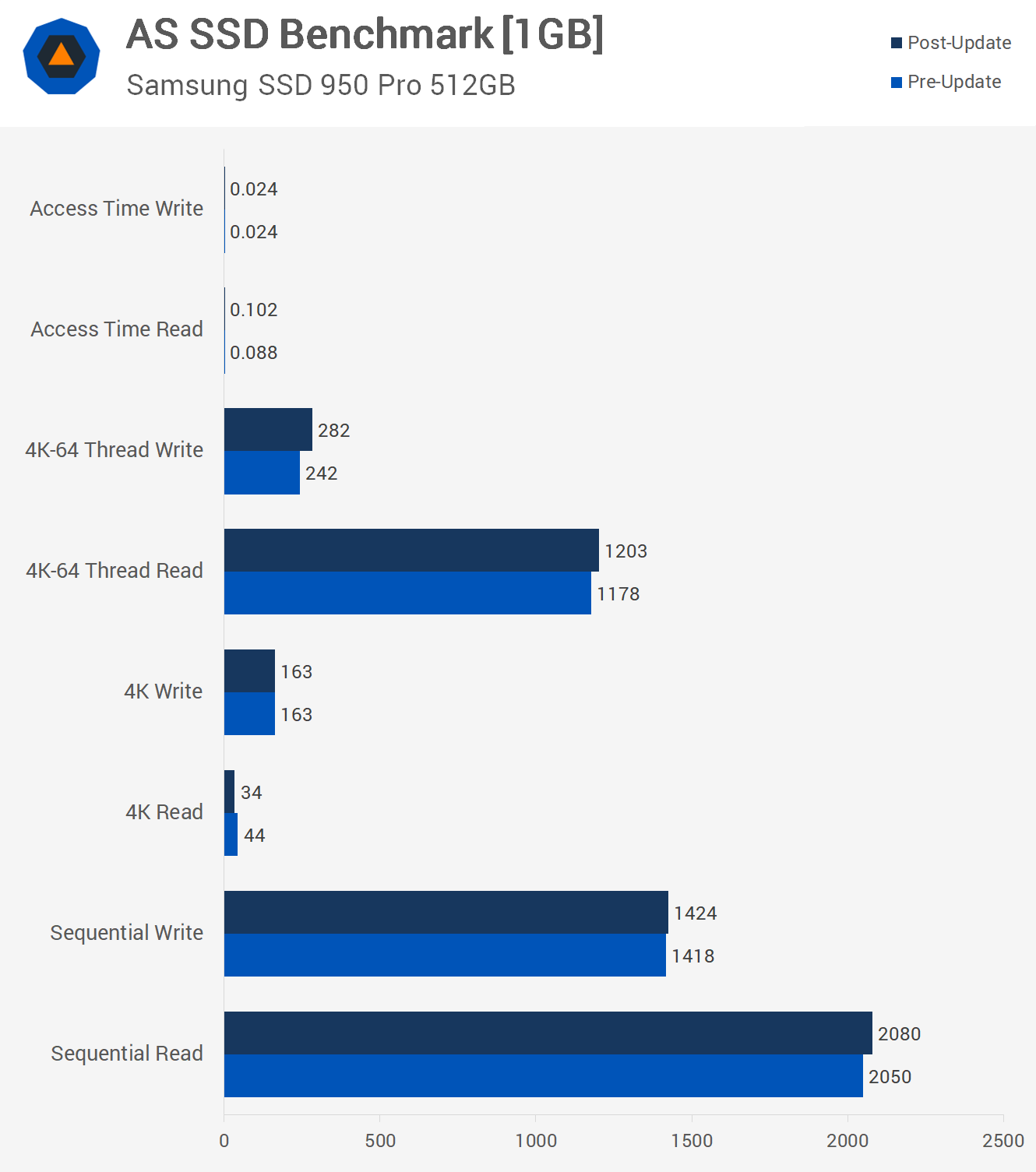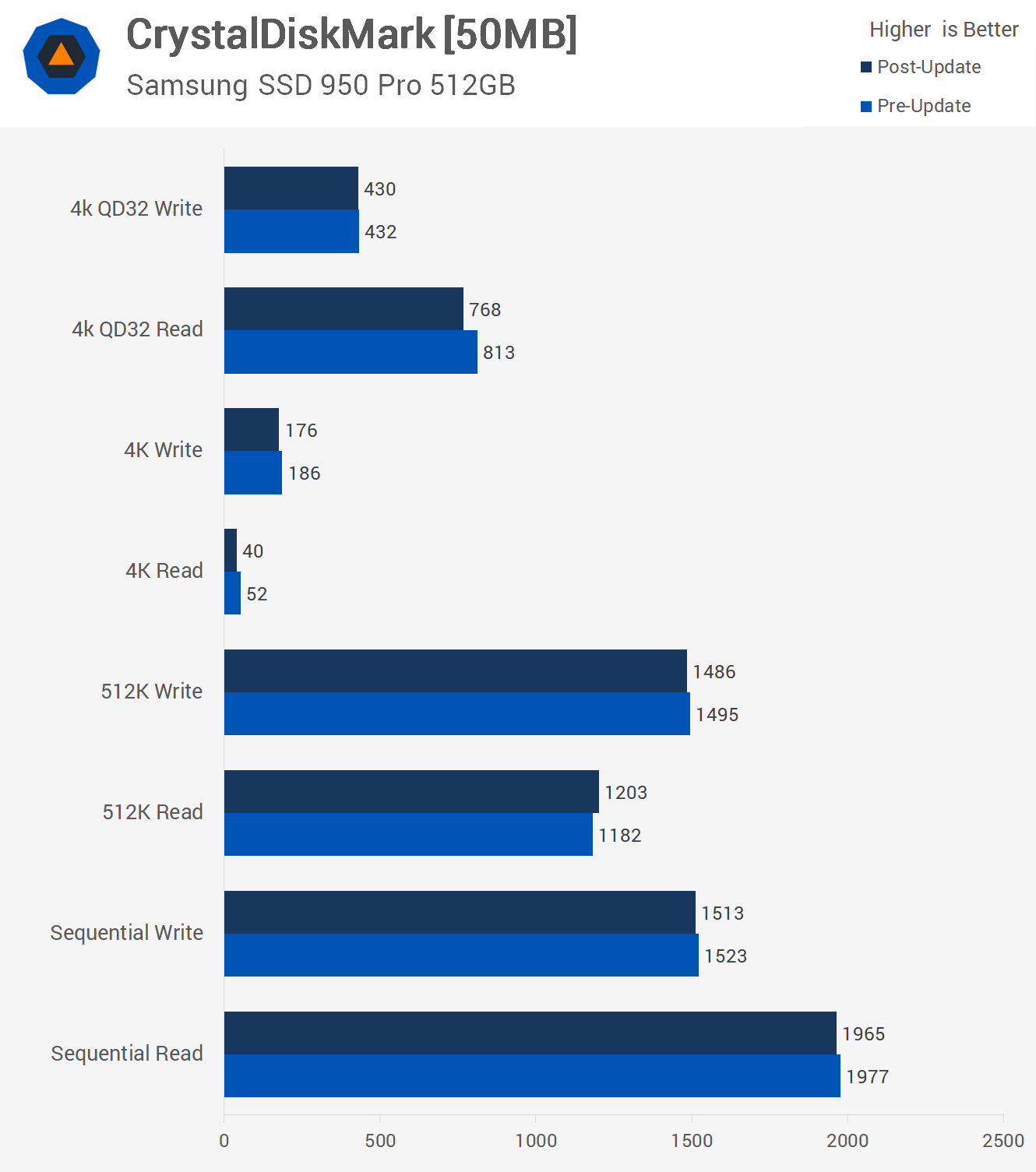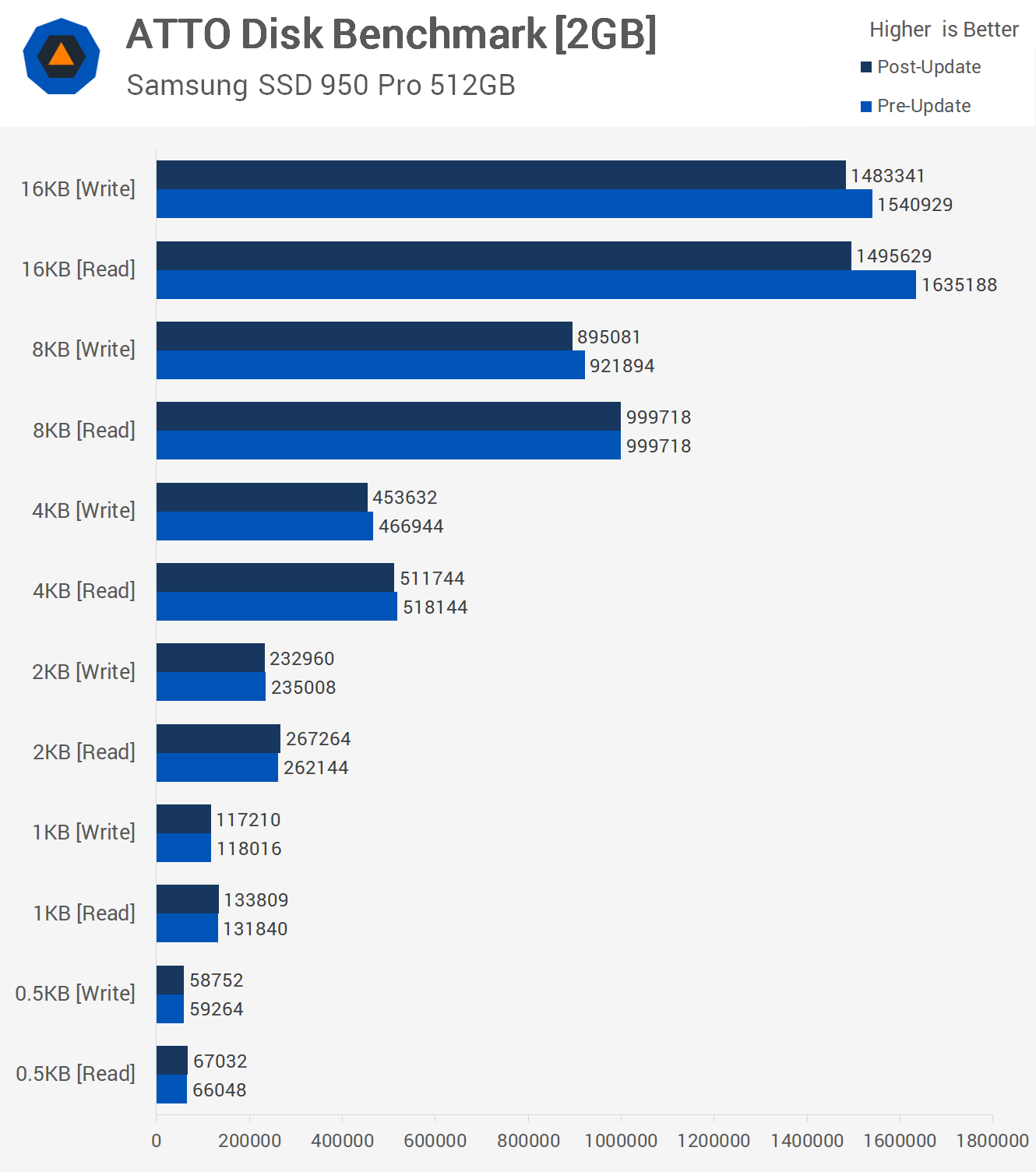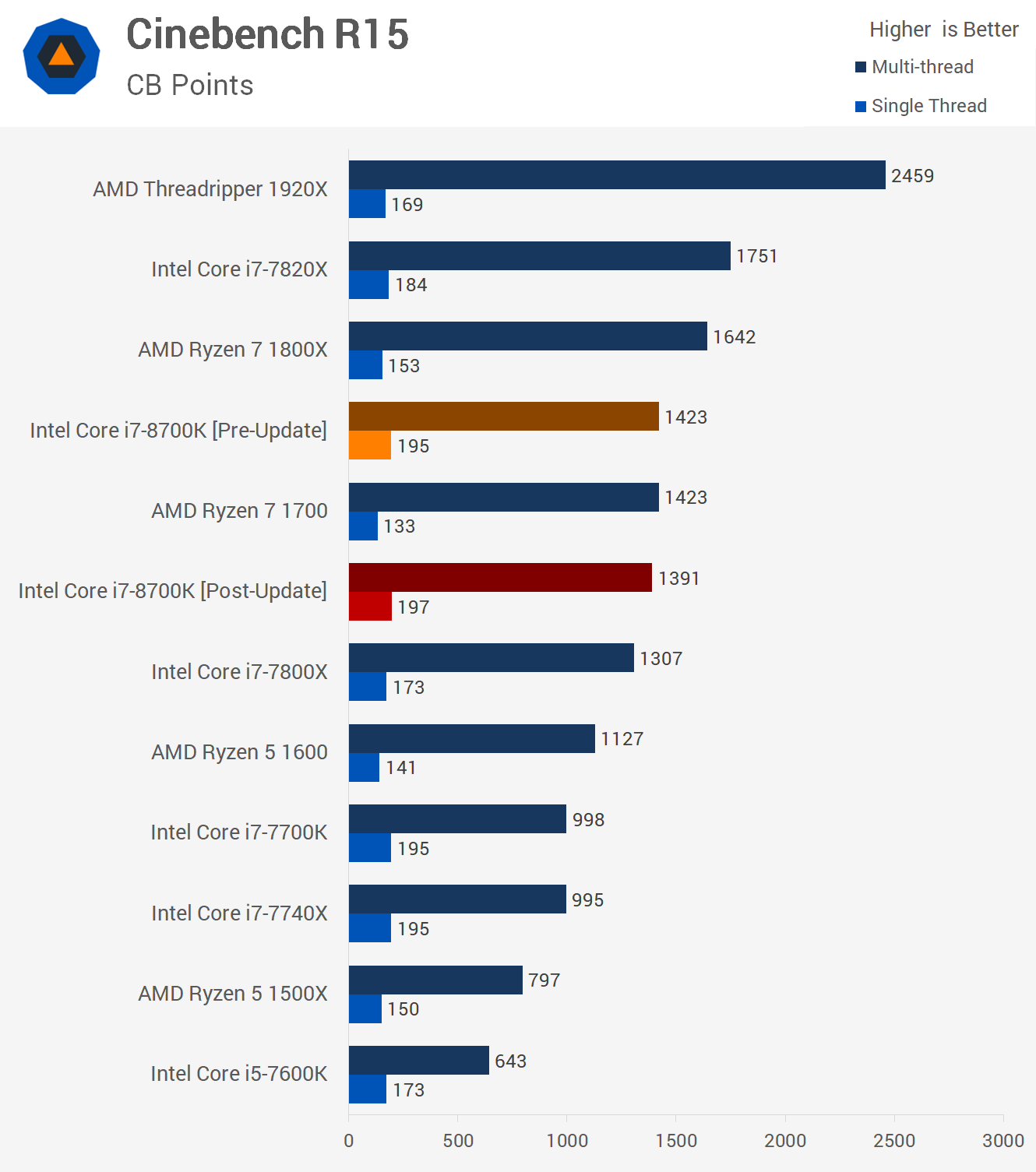Darkbreeze :
I'm surprised nobody has commented on this:
Is there some reason we don't believe that disabling branch prediction is going to plant a tremendous foot on the back of performance? I mean, the whole POINT of branch prediction IS increased performance, right? I think there are probably a LOT of little tidbits like this that are likely important, but are not getting the kind of publicity that some of these other stunts and statements are getting due to simply being overlooked.
I mean, great, you removed the problem. Maybe. But you completely removed branch prediction from ALL ZEN processors, so how's that not going to seriously affect performance? Or am I reading this wrong?
This new firmware disables branch prediction on AMD family 17h processor to mitigate a attack on the branch predictor that could lead to information disclosure from e.g. kernel memory (bsc#1068032 CVE-2017-5715).
Is there some reason we don't believe that disabling branch prediction is going to plant a tremendous foot on the back of performance? I mean, the whole POINT of branch prediction IS increased performance, right? I think there are probably a LOT of little tidbits like this that are likely important, but are not getting the kind of publicity that some of these other stunts and statements are getting due to simply being overlooked.
I mean, great, you removed the problem. Maybe. But you completely removed branch prediction from ALL ZEN processors, so how's that not going to seriously affect performance? Or am I reading this wrong?
Intel's fix for Spectre I'm sure is going to have a performance impact as well.
The CPU microcode for Haswell-X, Skylake-X and Broadwell-X chipsets was
updated to report both branch prediction control via CPUID flag and
ability to control branch prediction via an MSR register.







